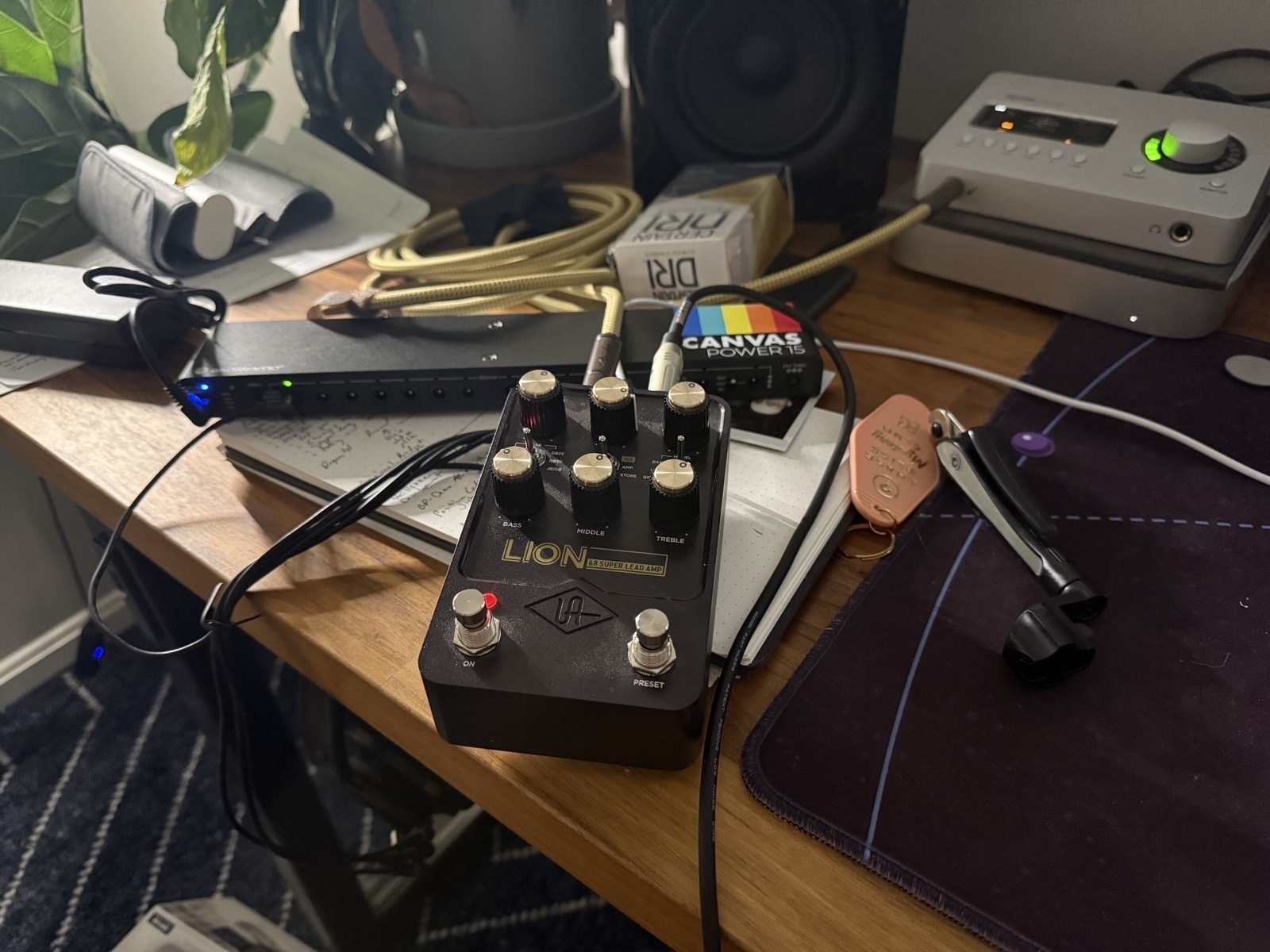I’m pretty sure my lifetime hours watched metric will be much higher for Andor than the original Star Wars trilogy by the time I die.
2025-05-16
I don’t think this post is accurate and that arguments have become less sharp. I think that the internet doesn’t reward effort, so we see less of it. And as a follower of Baldur’s blog, I actually think that he’s very convinced of some things that many people don’t agree with or care about.
This Month: July 2025
Jul 01
Why do I want to post?
